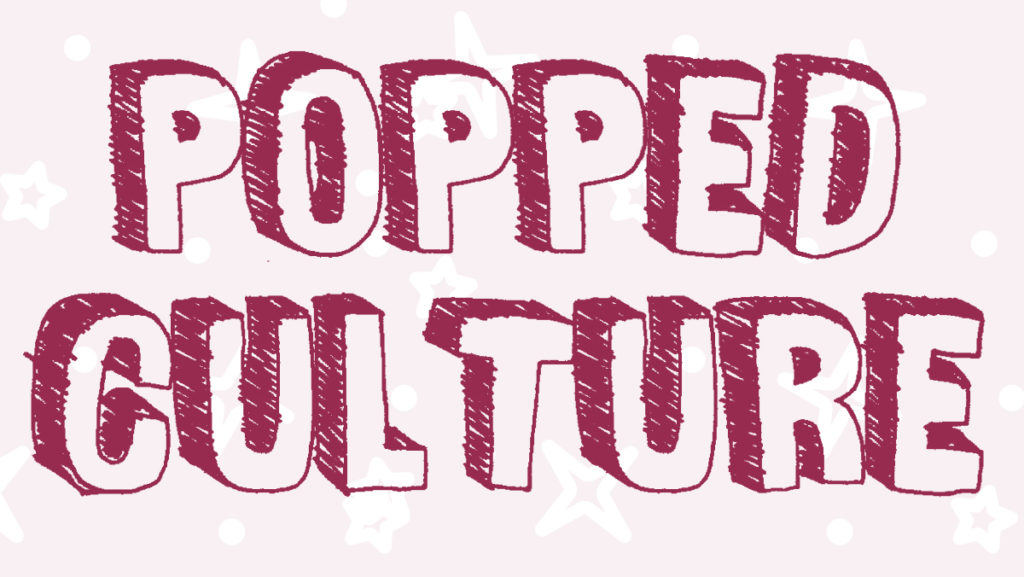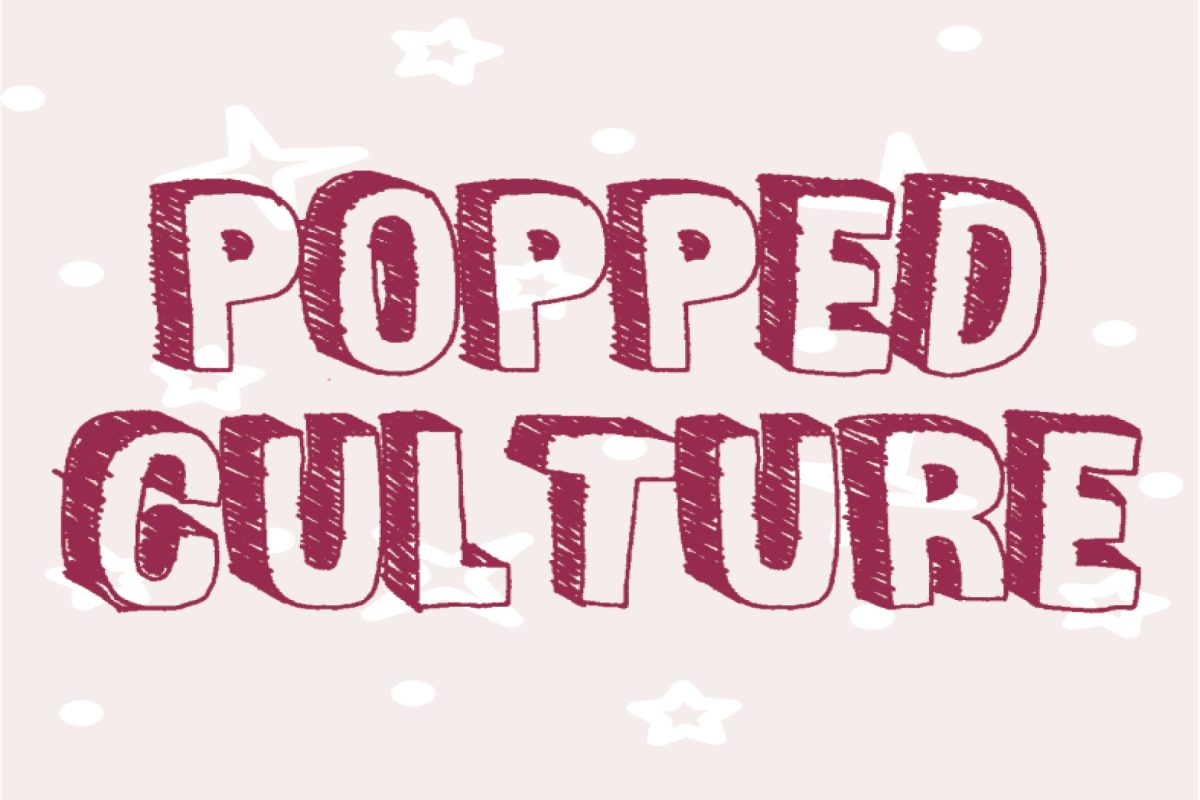What do indie artists, including BØRNS, The Growlers, The Frights, The Buttertones and SWMRS have in common? They’ve all been accused of sexual abuse and predatory behavior. Not only this, but, prior to these accusations, they branded themselves as “good guys” who “believe survivors” and support the #MeToo movement. Pretty contradictory, right?
Following the Harvey Weinstein sexual assault allegations in 2017, the #MeToo movement has taken the world, and the internet, by storm. Factor in the increased presence of social media activism, and it seems as though every public figure has made statements regarding the movement. With the indie-music community having some of the loudest supporters of “woke” beliefs, it’s no surprise that indie bands voice these ideals proudly on their social media accounts. This action not only expresses support for victims of sexual assault, but it gives the people voicing their support credibility and trustworthiness.
But this isn’t always true. In fact, often, the people who gain this “credibility” and “trust” are the people who the #MeToo movement needs to hold most accountable.
Indie bands that build their main fan bases within the areas that their members live and tour in, typically within the Southern California (SoCal) area, present their fans with the opportunity to see them all of the time. This gives fans the opportunity to know the bands personally, a situation in which the lines can blur. When these relationships are formed with boundaries and respect, they can be really special experiences for artists and fans alike. But when artists take advantage of this obvious power dynamic, these artist-fan relationships can escalate to something uncomfortable and manipulative.
The world watched as the truth unraveled in July 2020 about SWMRS member Joey Armstrong’s predatory relationship with then-16-year-old Lydia Night of the band The Regrettes. Armstrong was 22 at the time of their relationship. Furious about SWMRS’ July 19 Instagram post — in which the band declared its stance in solidarity with sexual assault victims in the SoCal indie-music community — Night told her side of the story. She responded to SWMRS’ post and revealed the hypocrisy behind it by detailing the emotionally abusive and sexually coercive relationship she had with Armstrong.
Not only was Night a fan of the band prior to the relationship, but SWMRS also offered Night and her band a huge career opportunity — the chance to open for SWMRS on its tour. This element only increased how inappropriate Armstrong and Night’s relationship was. It created not only an artist-fan power dynamic but an employer-employee dynamic.
“Because of our age difference, Joey would continually ask me to keep our relationship as hidden as possible and I did,” Night explained in her post. “We had multiple conversations where he would say something along the lines of ‘I want to move at your pace’ and ‘I don’t want to have sex until you’re 18,’ but then would act in completely contradicting ways, pressuring me into sexual situations.” Night continued to explain that Armstrong made his sexual intentions very clear in both physical and emotional ways, manipulating her into doing what she wasn’t comfortable with.
In response to Night’s post, Armstrong posted possibly the most shallow, vague Instagram apology the internet has ever seen. Armstrong stated in an extremely short paragraph that he “failed [Lydia] as a partner” and that he “hopes she can forgive [him].” Clearly, Armstrong only made the post in an attempt to regain credibility, but many SWMRS and The Regrettes fans alike saw right through it. Armstong’s July 21 “apology” was the last time that SWMRS was active on Instagram.
The career of popular indie artist BØRNS follows a similar story of grooming and emotional abuse between him and his fans. His story first came to light in 2018 when several women accused BØRNS, or Garrett Clark Borns, of sexual misconduct. The allegations revealed that Borns allegedly groomed several teenage girls through communication on social media and shared explicit pictures with them. Once the victims turned 18, he would invite them out for drinks and pressure them into sexual situations, according to Consequence of Sound.
The #MeToo movement has held bigger names accountable for the most part but let the smaller ones slip through. This is why so many indie artists felt as though they could get away with it.
Although SWMRS and its fan base appeared to get the message, with Armstrong “owning up to his actions,” this occasion is a rarity. It may be fair to assume that Night’s accusations were taken seriously because she has a sizable platform to speak out on, but what about the women without platforms who have been taken advantage of by artists? Are their stories heard and echoed by millions? Are they even believed? Most often, the answer is no.
It seems as though cancel culture plays a role in whether or not the victims of these incidents receive justice. While SWMRS seems effectively canceled, as the band has been silent since Night told her story, BØRNS’ song “Electric Love” has exploded on social media recently. Despite the allegations that came out regarding BØRNS in 2018, he has still been active on social media, and his music remains a huge part of trends that appear on apps like TikTok. The ironic trend captures a challenge in which the person taking the video kisses their crush at the high note of the song.
One of the biggest issues with cancel culture is that it’s selective with which people it takes down. Could BØRNS remain untouched just because his music is more popular than SWMRS’? It’s fair to assume that’s the reason in this case.





